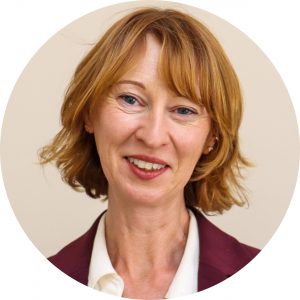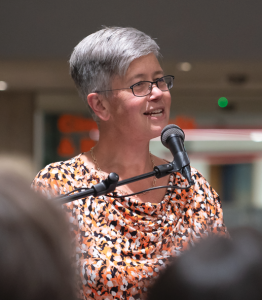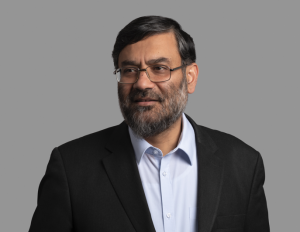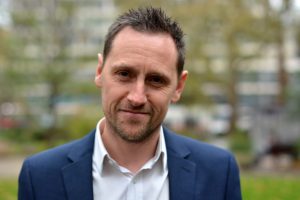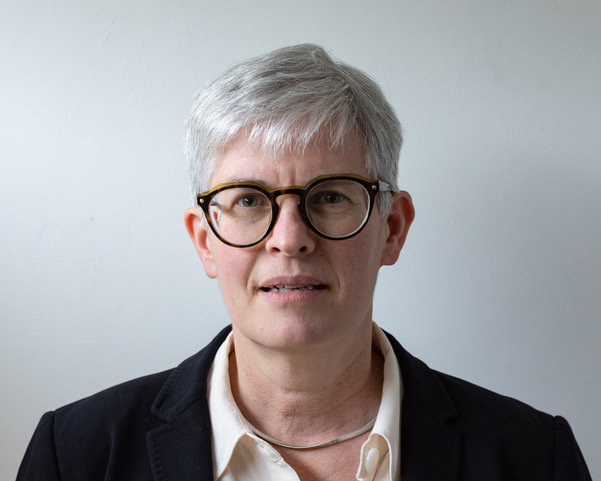Rethinking public services – Friday 24th of May
About the talk:
The fact that public services are in crisis is now commonly acknowledged. The long term impacts of austerity have combined with already growing demographic shifts and create unmanageable pressures around social care and housing which in term reduce capacity for the myriad of other services which the public sector contributes to place. These are known problems – the real question is what has stopped public services reimagining themselves to serve a world which is very different to the one which they were born into. Rather than looking at this as a challenge to preserve the services we needed in the past, reimagining public services needs us to think about what we need to sustain our communities and social fabric in the future – what would it mean to reimagine public services with forward looking and long term relevance rather than based on the skills and stories of the past? And importantly, who is best placed to lead that work of imagination – how could we imagine our democracy and decision making systems in parallel to bring about a more hopeful future for public services?
About the speaker:
Dr Catherine Howe is Chief Executive of Adur and Worthing Councils. She is an expert in digital innovation, focusing on the area of digital democracy and systems practice and has a background which connects together technology, community and social change.
Catherine has worked across a number of different sectors including education, not for profit and the technology industry. Catherine was CEO of a successful SME, Public-i Group Ltd, before moving to Capita to redevelop Capita’s digital transformation approach and then to Cancer Research UK to lead work on technology strategy and transformation. Before becoming CEX she was Director for Communities which she described as ‘helping communities direct themselves’.
She has worked with new collaborative technologies and social networking tools for over 15 years. Her research interests cover digital civic space, citizenship and systems thinking and she is a Trustee of the Centre for Governance and Scrutiny.
The venue:
The Elephant And Castle
White Hill
Lewes
BN7 2DJ
Tickets:
They are £5 and you can purchase them on the door or about a week before at the venue. Please note that the capacity of the venue is limited, we recommend buying the ticket in advance to avoid disappointment.
